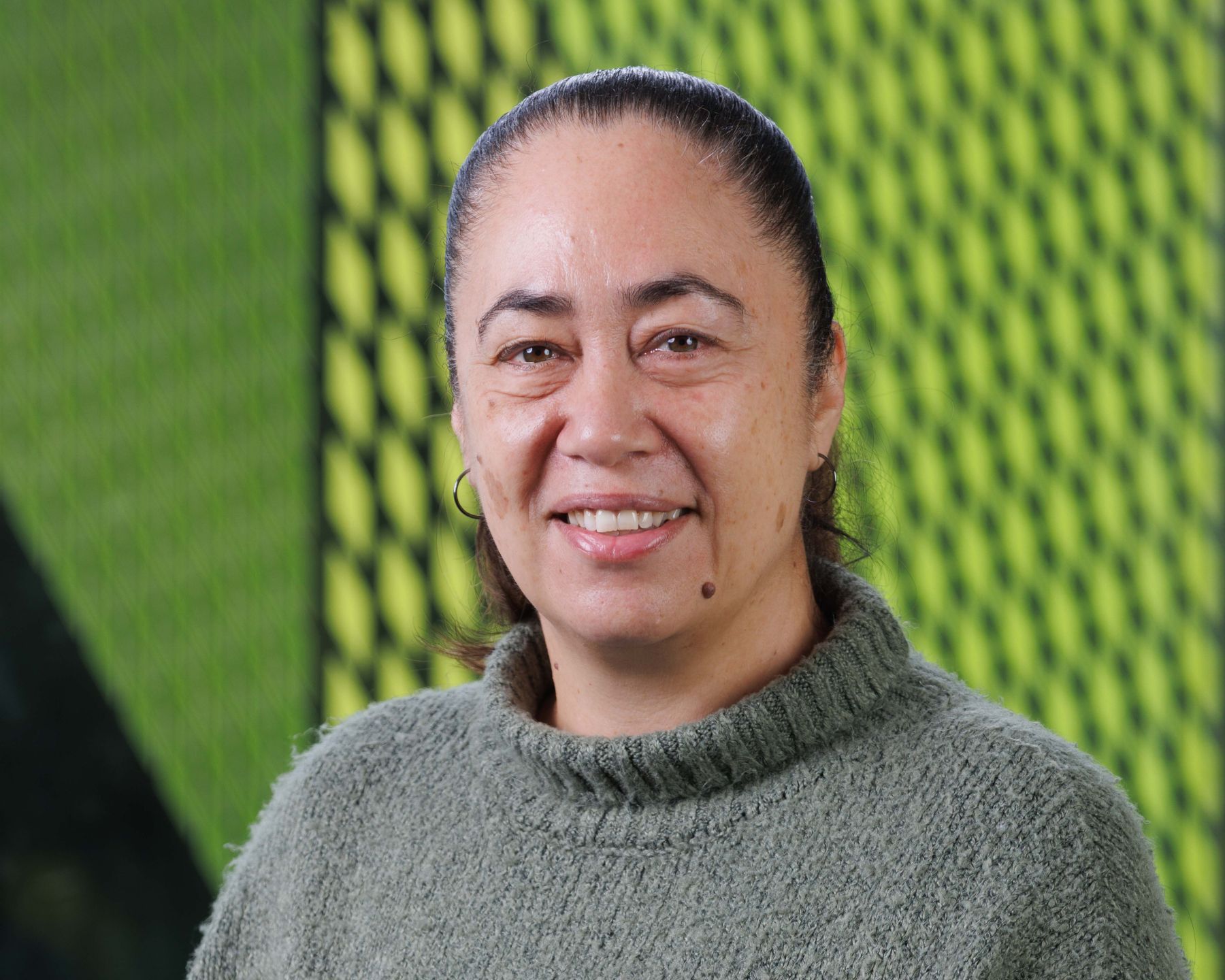Scientist profile: Lania Holt

Te Ao Māori scientist focused on inspiring future generations
Scion forestry scientist Lania Holt wears a lot of hats.
Her work in the organisation’s Te Ao Māori research group is predominantly focused on tree phenotyping and understanding cultural uses for indigenous trees. She manages Scion’s engagement with Māori in the Forest Growers Research-led Precision Silviculture Programme, is helping refine and validate the feasibility of converting forestry by-products into value-added products for a Māori forestry trust, and she’s recently finished leading an exploratory project to understand the potential role of food forests in New Zealand.
The latter, she says, is a career highlight given the research was achieved with limited funding. “I’m an advocate for alternative forest systems, particularly food forests. We take our wild food for granted and there are a lot of landowners that are really appreciative of these new systems. I’m really interested in that sort of research.”
Lania has been a scientist with Scion for 15 years. Her journey into the Crown Research Institute started during her primary years at Whakarewarewa School, which adjoins Scion’s Rotorua campus. “I remember playing (at the school) as a young child and saying I was going to work at that place over there,” she says.
After high school she won Ngarimu 28th Maori Battalion and Tasman Forestry scholarships for a degree in forestry science. She graduated with honours from Canterbury University in the 1990s and went to work for what was then Fletcher Forest, where she’d done a two-year internship during her studies and gained skills in different areas of practical forestry.
Time in the US followed – Lania worked at the Weyerhauser headquarters in Tacoma, Washington state for a couple of years. During this time she met her American husband, Mark. He’s from a military family, was born on a base in Okinawa and raised on a base in Germany, and has travelled ‘all over the place’. They came back to New Zealand in the early 2000s.
Back in NZ
In 2004 their first child, Jake, now 20, was born and Lania left work to be a full-time mother. While this was life-changing and she revelled in motherhood, she soon realised she wasn’t cut out for being off work. “I wasn’t very good at staying at home – I was a month or two at home with this little baby and I realised being at home wasn’t for me,” she says.
She worked for a while as an analyst with the New Zealand police, focusing on traffic, and was soon promoted to become the Bay of Plenty district strategy and intelligence manager. This, Lania says, is a high position in policing given she wasn’t a sworn-in officer. She received the first New Zealand Police Crime Science award in 2010 – recognising her work deploying police traffic resources to roads in the Bay of Plenty region based on a risk profile rating she’d modelled – and then the London-based Jill Dando Institute of Security and Crime Science came knocking.
“They came over to see me in New Zealand to ask how they could help me do more study. And I thought about that and went, you know, my background is in forests and trees.
That realisation brought Lania to Scion. “I like the criminal stuff. I watch crime detective stories, but forests and trees are and how people connect with the forestry sector is what I was trained in and doing. And so I thought maybe I could study here, so that’s what I did.”
Outside work
Lania also has a daughter, Jess, now 17. While she and Jake were growing up, Lania coached and managed their school and regional representative sport teams. She’s a qualified netball and basketball coach; she played representative netball at a regional level in some of New Zealand’s top teams, turning to coaching when she got injured. She’s also previously been on the board of Netball Bay of Plenty, which has a half share in the Waikato / BOP Magic team.
Another thing about Lania: she’s of Ngāti Whakaue and Ngāti Pikiao descent and is deeply connected to that heritage. She loves Rotorua and enjoys giving back to her community. That’s why she’s been a broker for science, technology, engineering and maths (STEM) education, and has connected young students, such as in the Ngati Whakaue Matakokiri wananga with Scion – to inspire future generations of scientists.
Lania and Mark own a tech company, which he runs, leaving her to focus on her forestry interests that extend beyond Scion. She’s the secretary of the New Zealand Institute of Forestry Council and sits on its Continuous Professional Development Committee, helping develop the industry and those who work in it.
Her passion for forestry truly extends beyond her professional commitments.
